- Home
- Cold-Hardy
- Crassula
- Crassula setulosa var. deminuta
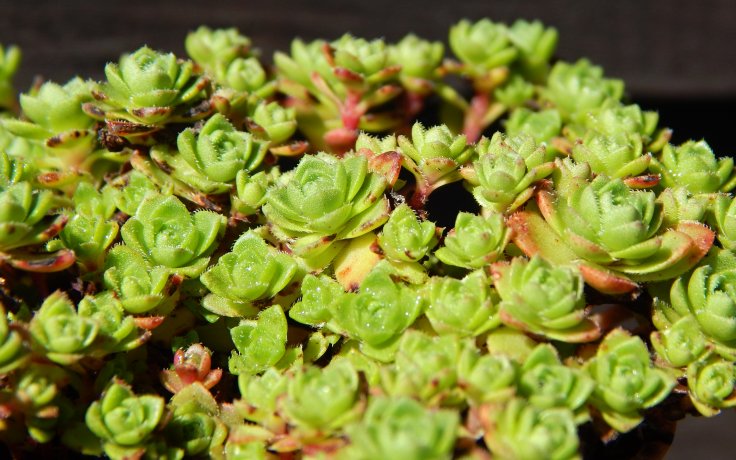
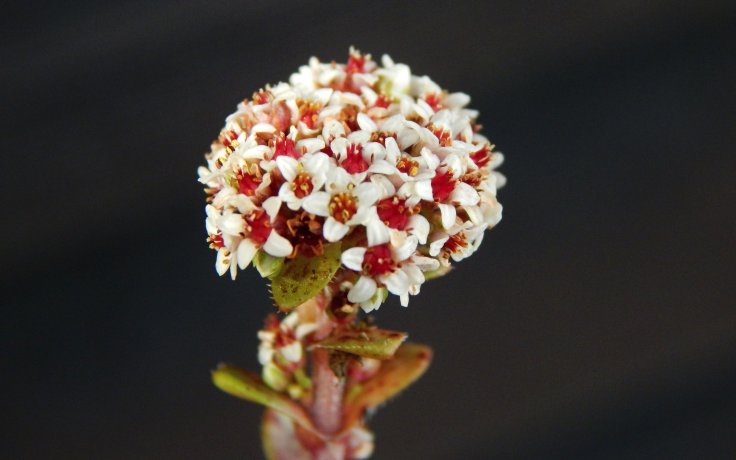
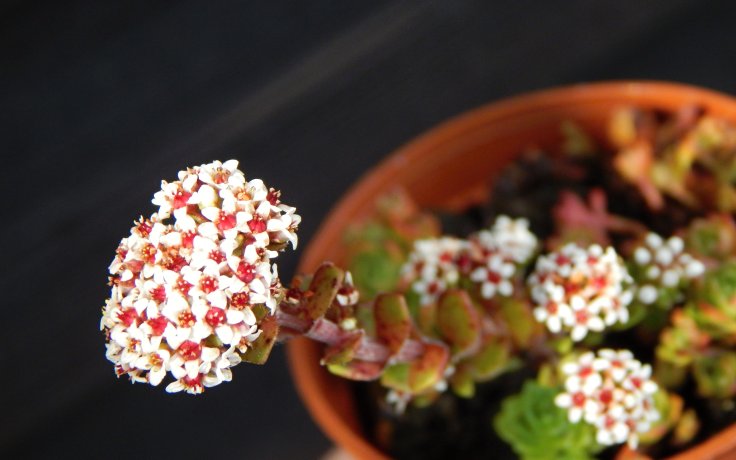
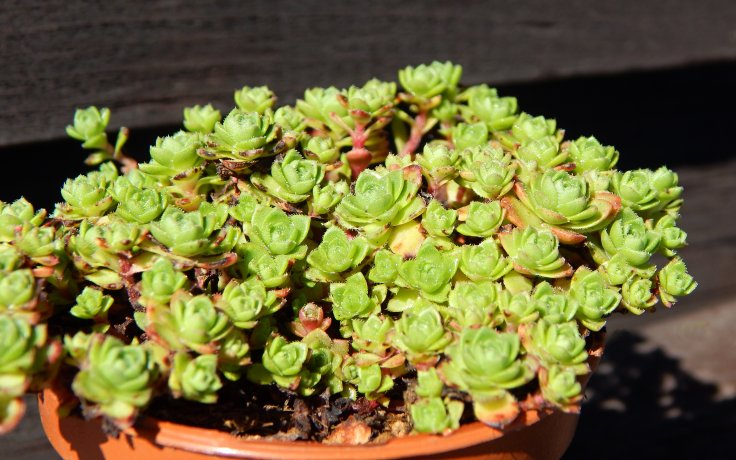
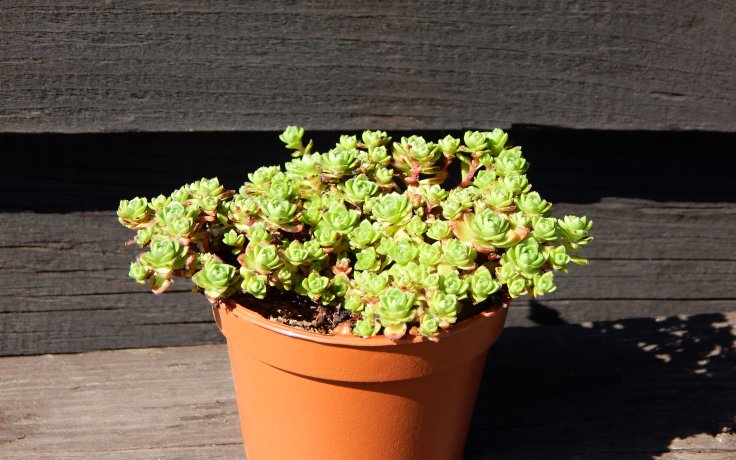
Crassula setulosa var. deminuta
The plant prefers sunny habitats.
In a pot, always water after the substrate has dried out. When placed in a rock garden, water at your own discretion.
The plant is hardy and can be grown outdoors all year round.
Because of the delicate leaves and especially the bristles on them, the plant is nicknamed Hairy-cushion.
Crassula setulosa var. deminuta is one of the few hardy Crassula species, ideal for growing outdoors in colder climates. The epithet 'setulosa' refers to the tiny bristles covering the leaves that give the plant a soft, hairy appearance, which is why it is also sometimes called Hairy-cushion. It is possible that this is the green form of Crassula milfordiae variegata, which you can also find in our range. However, the whole species is highly variable in appearance and individual representatives in nature differ significantly. The plant is often found at higher altitudes above 600 m above sea level and its range extends from the Eastern Cape in the south-west (where it is most common) through Lesotho (southern Drakensberg) and the northern Drakensberg Mountains north into Limpopo (Blouberg) province.
The succulent consists of small green to yellow leaves arranged in small, compact rosettes. In the dry season the rosettes shrink and become smaller. The entire cushion of the plant can reach a width of up to 40 cm and a height of 5-10 cm.
Small flowers appear from summer to autumn. The flowers become bowl-shaped and turn white.
The rock garden requires well-drained soil, otherwise it is not very demanding to grow. The dwarf flowering cushion can also cope with the Czech winter and is suitable for both rockeries and porch. It tolerates drought and other ailments well, pleasing with its unpretentiousness and good-looking flowers.